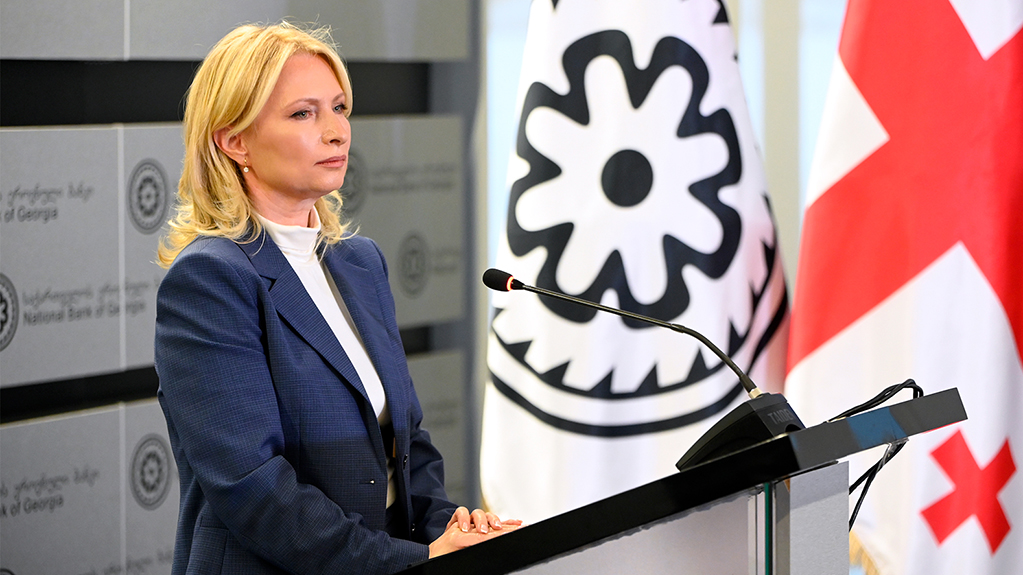The National Bank of Georgia has stated that financial sanctions imposed by the United States against four Georgian citizens will be enforced if the Georgian court issues a guilty verdict.
News
The National Bank refers to Natia Turnava's order of September 19, 2023, which approves the rules for implementing sanctions regimes by banks.
"According to the order, sanctions apply to Georgian citizens only if a legally valid guilty verdict has been issued by a Georgian court regarding the grounds for the imposed sanctions. Thus, the general principle related to enforceable sanctions is outlined in the order.
The National Bank of Georgia systematically supervises the implementation of international sanctions as well as its own regulations and national legislation by participants in the financial sector.
We emphasize that the Georgian financial sector operates fully in compliance with the requirements set by the sanctions regimes. 'Georgia has never been and will not become a place for evading sanctions,” the National Bank stated.
On September 16, the United States imposed financial sanctions on two Georgian government representatives - Zviad Kharazishvili, also known as Khareba, and his deputy, Mileri Lagazauri, Director of the Special Tasks Department of the Ministry of Internal Affairs - due to their involvement in the violent suppression of peaceful protests against Russian law. The leaders of Alt-Info, Konstantine Morgoshia and Zurab Makharadze, who orchestrated violent attacks on peaceful demonstrations, were also subject to financial sanctions.
Financial sanctions freeze all property and interests of sanctioned individuals that are located in the United States or are owned or controlled by U.S. citizens. Additionally, financial institutions and other entities that transact or engage in activities with sanctioned individuals may themselves be subject to sanctions.















